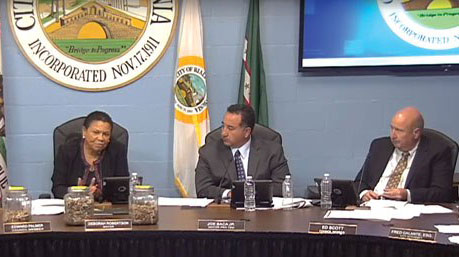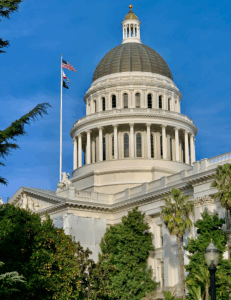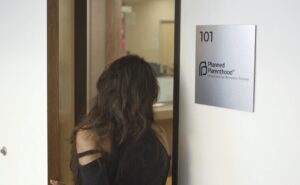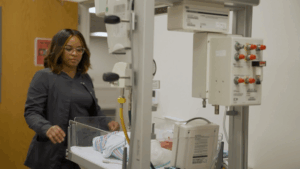Voters will determine fate of Utility Users Tax
2 min read
The city council voted to place the 8% Utility Users Tax, slated to expire on June 30, on the June 5 ballot for voters to decide whether or not to make it a permanent revenue stream for the city.
The 8% Utility Users Tax, set to expire on June 30, has been a reliable and significant contributor to the city’s budget, representing on average 18% of recurring general fund revenue, which translates to approximately $14 million of the $77 million budget.
Staff recommended to city council Tuesday to place the UUT on the ballot during a special election in April or during the statewide primary in June in order to extend it for another five years, but council members unanimously elected to allow voters to decide whether they want to make the 8% tax a permanent one, with an income threshold not to exceed $100,000.
“If the tax is eliminated there will be cuts to city services and personnel,” noted Mayor Deborah Robertson. “If this tax is so important, why do we want to have it for just five years?”
The UUT was first established in 2003 with a five-year sunset, in response to factors that threatened the city’s financial well being that included state budget cutbacks. It was extended twice, in 2008 and 2013.
According to Interim City Administrator Robb Steel, expenses have outstripped revenue due to rising inflation and increase in services. The 2018 budget projects a deficit of $4.8 million that already requires service cuts, frozen positions and deferral of capital outlay. The elimination of the UUT would cause detrimental impacts to public safety, recreation, public works and other core government services.
There are upcoming financial obligations that will burden the city’s General Fund, the most significant being the Public Employee Retirement System (PERS) that notified Rialto, and other cities, of payment increases. Beginning in FY19, Rialto’s annual payments to PERS will increase by approximately $2.1 million per year.
Voters will have the opportunity to decide whether the 8% UUT is significant enough to become a permanent source of revenue for the city.






